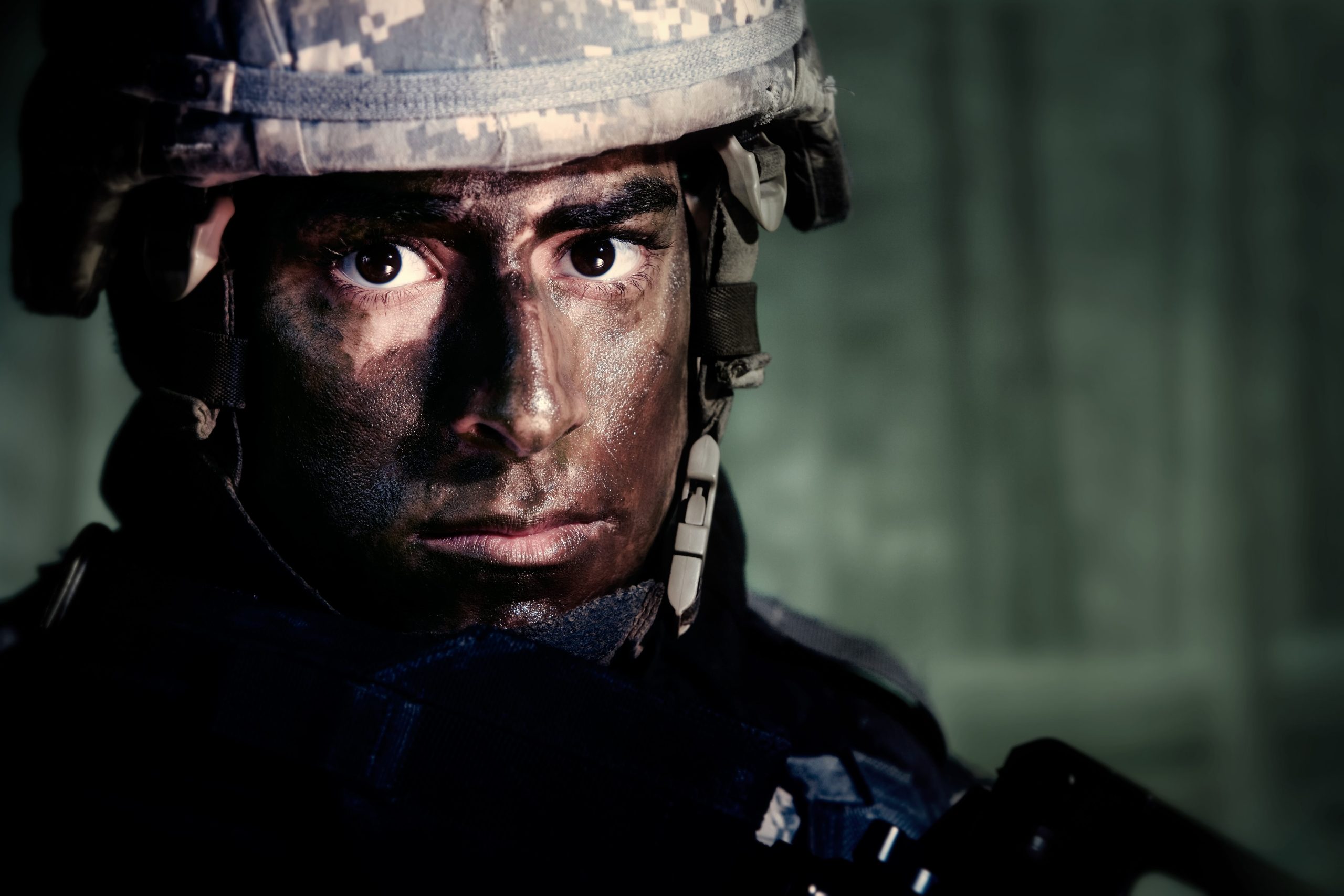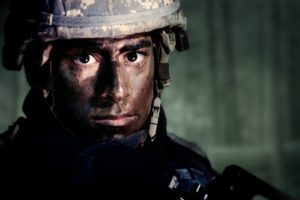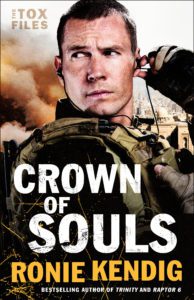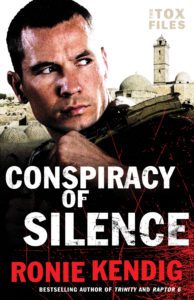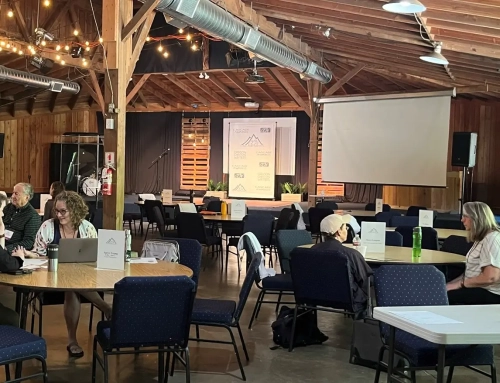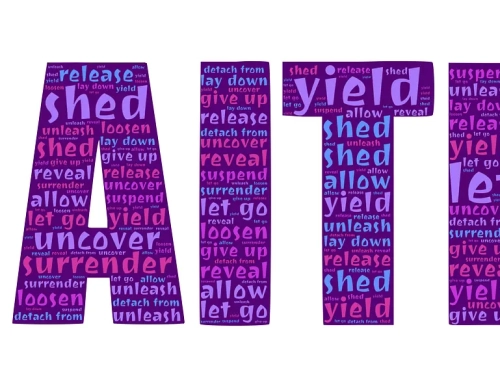“Why We Need Heros” with Ronie Kendig
Interview by Lindy Jacobs
Since launching onto the publishing scene in 2010, Ronie Kendig and her Rapid-Fire novels have hit the bestseller lists and won awards for stories of courage under fire. With the third set of galleys of her new book in front of her and just one month before a major move from Virginia to New Jersey, Ronie kindly broke for an hour to give us some insights about how she writes.
So much of your work revolves around fighting for justice. How did you hit upon this theme?
I think so often, life is quite simply unfair and hard. Bad things happen to good people. Innocents get caught in the crossfire of war. Wrong verdicts are delivered. We live in such a broken world. I think it’s imperative to always show that there is hope, that we have a mighty and powerful God who will fight for us—and that is my life verse, Exodus 14:14, “The Lord will fight for you; you need only be still” (niv).
And your characters routinely put their lives on the line to protect others. Are there real-life heroes who inspire your work?
Absolutely! I’m amazed at the iron will of our military and law enforcement heroes. Take my Quiet Professional covers—they are all veterans. The man from the cover of Falcon is a double-amputee, Purple Heart recipient. These men and women amaze me, their determination to step into the dark places and say, “Not here. Not on my watch.” I think it’s a perfect embodiment of Jesus and what He did on the cross.
Characters in rapid-pace novels can be two-dimensional, but your characters feel like real flesh and blood beings with baggage and battle scars. How do you get into the heads of your heroes and villains?
Initially, I tend to have some idea of their personal motive—perhaps something they absolutely will not do, or some event that altered his life. Something that drives him. For some of my stories, the villain is not a person but an entity (a corporation, secret group, etc.), but I invest as much research and backstory into the villain as I do the hero. If they are not at least equal in strength, the story is boring. I start with 45 Master Characters by Victoria Lynn Schmidt (Writer’s Digest). (Disclaimer: this is based on Jungian archetypes, so toss out the new-age stuff and glean the nuggets within.) Then I keep pushing deeper and deeper until I feel I know them better than they know themselves (hmm, that sounds psychotic since it’s a fictional character, but . . . yeah).
Do you begin with a character or a situation? Do you know where you’re going when you begin?
I am absolutely and completely a character-driven author. The majority of the time, some semblance of the character is fully known to me—that might involve a situation he is in—and, yes, ironically, I almost always know the hero first. J I will not move into the plot until I have interrogated—er, I mean, interviewed that hero. And I’m as relentless in questioning as they are in laying their lives on the line. But I rarely know the ending—in fact, I’m borderline ending phobic. I don’t like trying to figure out the ending until I come to the end of the first draft—that’s when things not previously realized or understood become clear—after journeying with the character through the storms.
How do you write?
I mostly just do one first draft, but I work that one to death. I never move on from a scene until I’m convinced it’s right. If I am hemming/hawing, then I rework it. If I wonder if it’s boring—then it is. So I rewrite or chuck it. If a certain scene is necessary and I’ve come at it from a dozen different angles and it’s still not working, I will print out that chapter and mark it up. I’ll also do more character research, because the problem might be I still don’t know my character well enough, or I’ve missed something.
I do not work with critique partners because that is what my editor at my publisher is for—to bounce ideas off and to help me get the story straightened out. I’ve been blessed with two AMAZING editors with the publishers I’m contracted with right now.
Brainstorming is best done for me with tae kwon do—I give my body a good, physical workout, and that gets the oxygen pumping through the brain and firing those neurons. From there, I’ll use a blank (not lined) piece of paper. Write key words. Then see how they connect and layer.
I keep a moleskin-type journal handy to jot notes while writing to record who walks on stage unexpectedly, hair/eye color (I’m notorious for giving my character five different eye colors in the same story and not because he had facial reconstructive surgery), etc. But mostly, I just sit at my computer and write . . . and write.
What do you hope your readers will take away?
HOPE. Always hope—I never want anyone to think there’s no reason to go on. There is always hope with God! And I hope readers will be inspired to find ways to be courageous in their own lives.
If you could recommend a rule of success to fellow writers, what would it be?
For new writers, I always say: know the rules, master the rules, but don’t get strangled by the rules. I’ve seen some technically perfect stories that had no heart or voice in them.
~
To find out more about how Ronie writes, join us for the 2018 OCW Winter One-Day Conference on February 24 in Salem. Ronie will keynote on the topic “Lifelines: Writers as Champions for a Hurting World” and teach two workshops: “Mind Magic: Tips & Tricks to Capture Your Reading Audience” and “Ecstatic Beauty: Using Our Trials and Pain to Reach Others.”
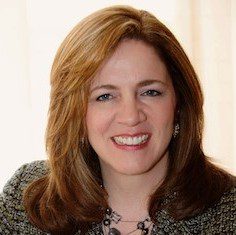 Keynoter Ronie Kendig is the best-selling and RT Reviews Award (Conspiracy of Silence), Christy-Award (Wolfsbane), HOLT Medallion (Trinity: Military War Dog), and Reader’s Choice Award (Firethorn) winning author of 20 romantic suspense and fast-paced thrillers. Ronie is a self-proclaimed “Army brat” with a heart for helping hurting people. A degree in psychology provides her with added insight into her characters who find themselves in extreme situations. Ronie’s latest release is Crown of Souls (September 2017). Find out more about Ronie and her books at http://roniekendig.com/
Keynoter Ronie Kendig is the best-selling and RT Reviews Award (Conspiracy of Silence), Christy-Award (Wolfsbane), HOLT Medallion (Trinity: Military War Dog), and Reader’s Choice Award (Firethorn) winning author of 20 romantic suspense and fast-paced thrillers. Ronie is a self-proclaimed “Army brat” with a heart for helping hurting people. A degree in psychology provides her with added insight into her characters who find themselves in extreme situations. Ronie’s latest release is Crown of Souls (September 2017). Find out more about Ronie and her books at http://roniekendig.com/

